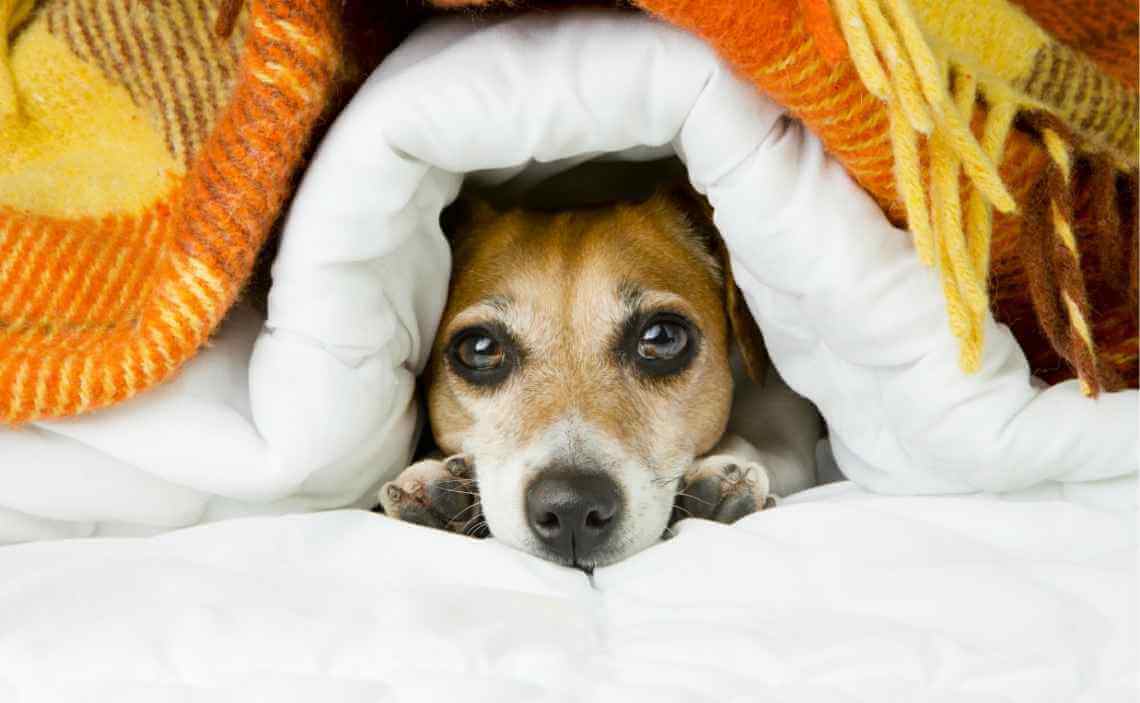
You have probably heard about an outbreak of a human pneumonia-like illness rapidly spreading across China and other countries.
However, the current outbreak of human coronavirus SARS-CoV-2 (also called COVID-19) is NOT the same disease as canine coronovirus (CCoV).
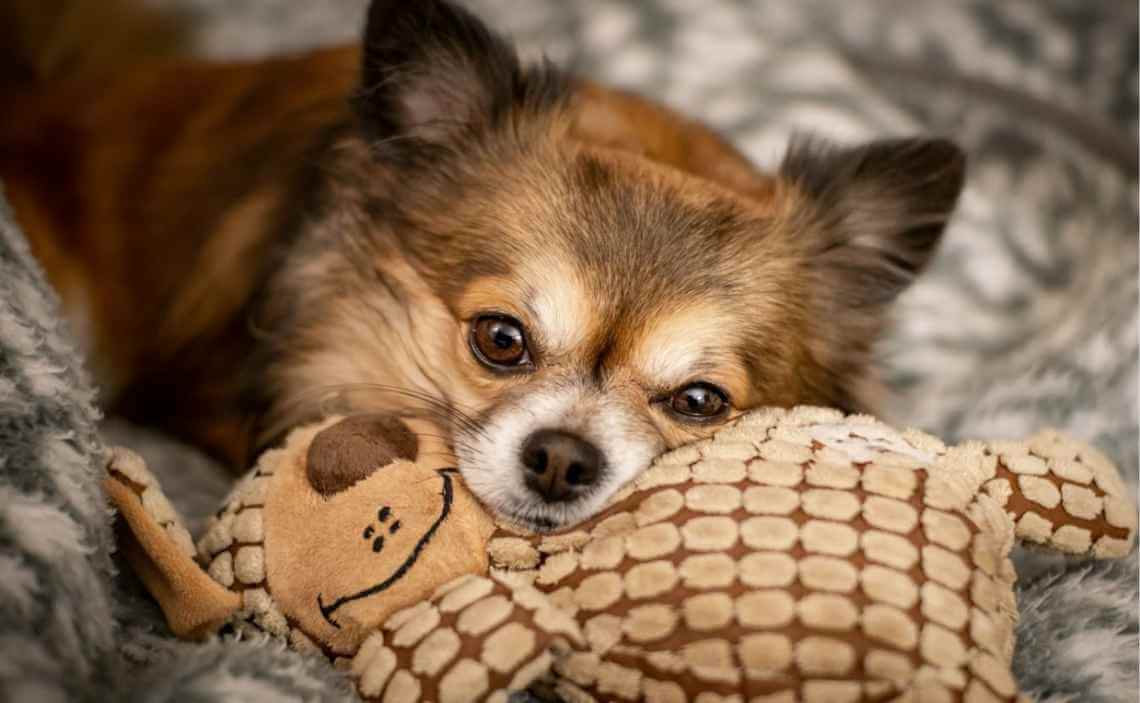
What Should I Do To Protect my Pets If Someone in My Household Contracts Coronavirus COVID-19?
If you or someone in your household becomes sick with COVID-19 or you suspect someone in your household has contracted the disease, the Centers for Disease Control and Prevention (CDC) advises you stay home except to seek medical care. Stay in a room away from other people and pets. Avoid contact with your pets, including petting, snuggling, letting them kiss or lick you and don’t share food with them. If you must care for your pet or be around animals while you are sick, carefully wash your hands with soap and water for 20 seconds or clean your hands with an alcohol-based sanitizer before and after caring for them. Wear a face mask while around them. Have someone else who is not sick care for them if at all possible.
Click here to get more information about the human coronavirus SARS-CoV-2 (COVID-19).
The canine strain CCoV is more likely to be a threat to your dog. For this reason, I’d like to focus on canine coronavirus – CCoV and answer questions like “Is my dog at risk for CCoV ” and “how dangerous is CCoV if my dog contracts it?”
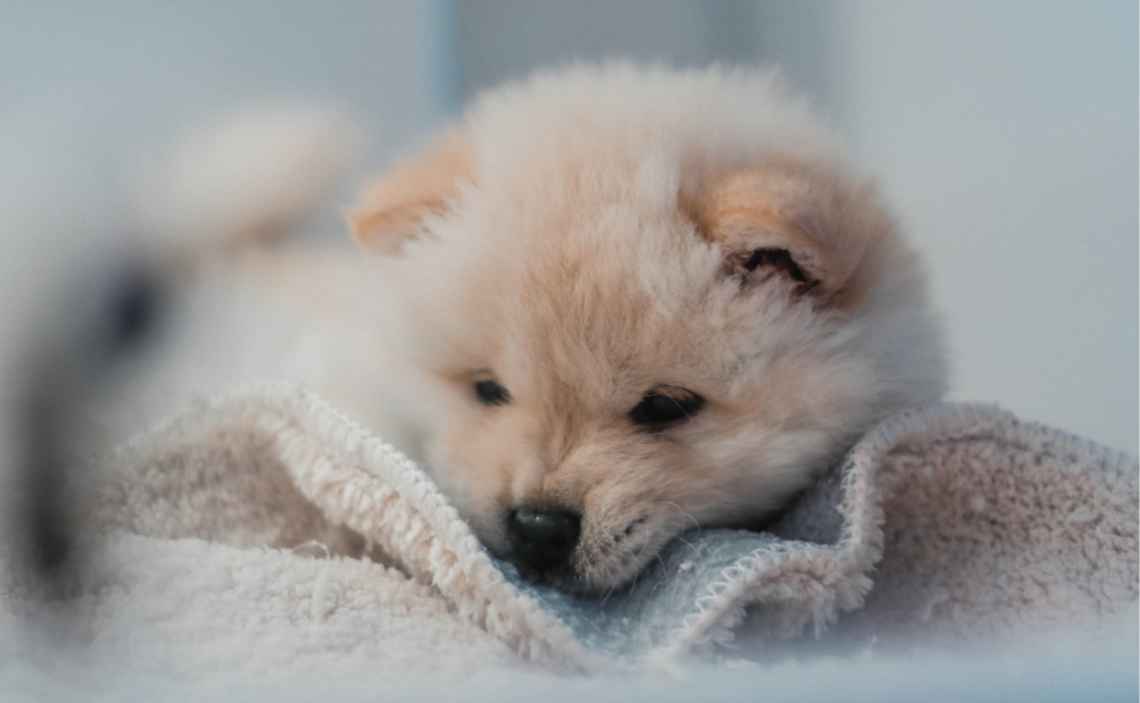
What is Canine Coronavirus – CCoV Disease?
Canine coronavirus – CCoV disease is a highly contagious intestinal infection in dogs. Puppies have the highest risk for contracting the disease. CCoV generally does not last very long and is not considered lethal. Most of the time dogs only experience intestinal symptoms. It’s not uncommon for dogs to contract both coronavirus and parvovirus, causing greater distress than if they contracted one disease alone.
The cause of coronavirus is a virus of the Coronaviradae family. The virus is so named due to a ring of projections, like a coronet (or crown) that appears above the virus when viewed through an electron microscope. There are many coronaviruses that cause infections in many different species of animals and birds.

Can I Contract Coronovirus From My Dog?
There are no known cases of humans being infected with CCoV. Since this disease was first identified in 1971, ample research has been conducted demonstrating humans are not at risk for contracting the disease from being in contact with an infected dog. However, humans can pass the disease along if proper sanitization does not occur.
Similarly, there are no know cases of canines being infected by the human coronavirus SARS-CoV-2. However, this is a very new disease and not enough is know about the disease to conclusively say it can’t be passed from humans to pets.
Coronaviruses occur in virtually every species of animal and birds, including humans. Most are associated with transient intestinal or respiratory infections. They tend to be very species specific and cross-species transmission is uncommon.
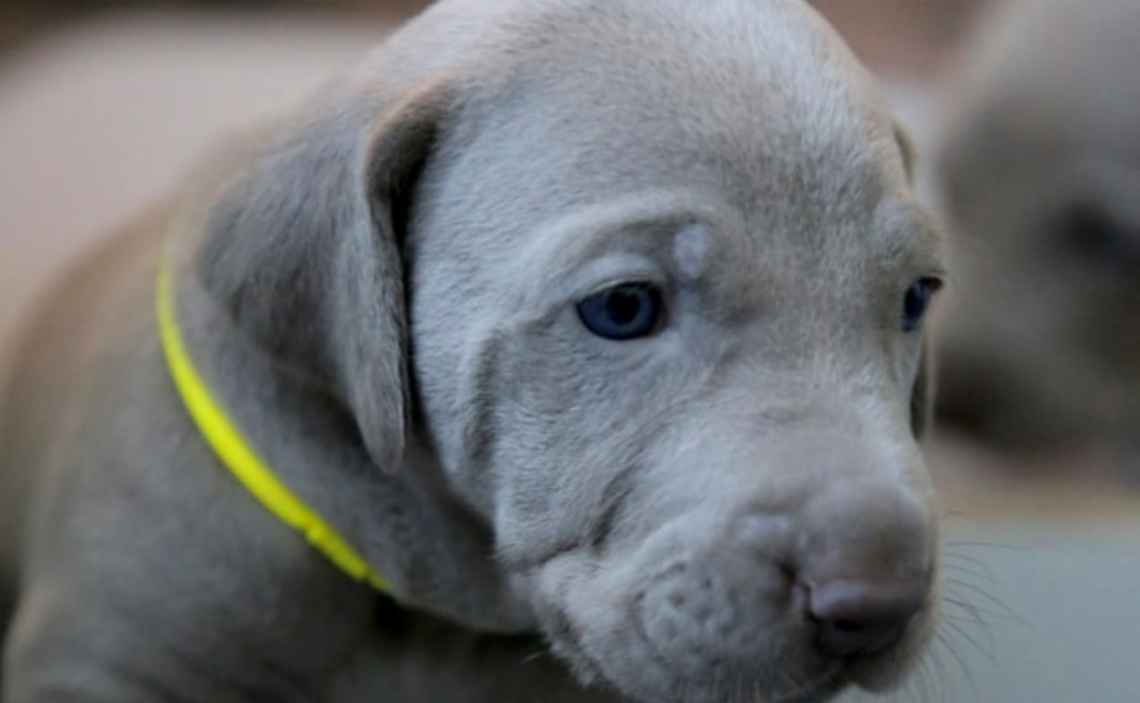
How is Coronavirus Transmitted?
Most of the time CCoV is contract by oral contact with infected fecal matter. A dog may also become infected by eating from a contaminated food dish or direct contact with an infected dog.
The incubation period from ingestion to clinical symptoms is one to four days. The illness lasts two to ten days. It is not uncommon for a dog (especially a puppy) to develop a secondary illness, prolonging illness and recovery. Dogs may be carriers of the disease for up to six months (180 days) after infection.
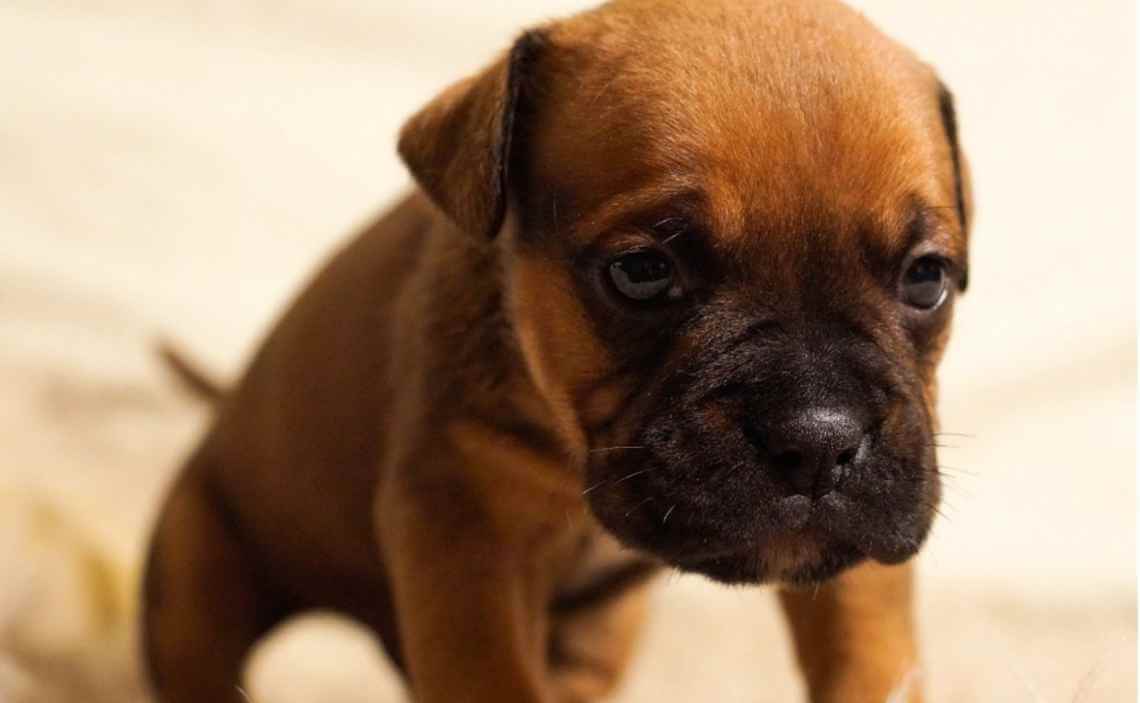
Signs of Canine Coronavirus
Most coronavirus infections are sub-clinical and produce no apparent signs or symptoms. Occasionally an infection may cause severe symptoms, especially in young puppies. Most puppies will suddenly have diarrhea, accompanied with lethargy and decreased appetite.
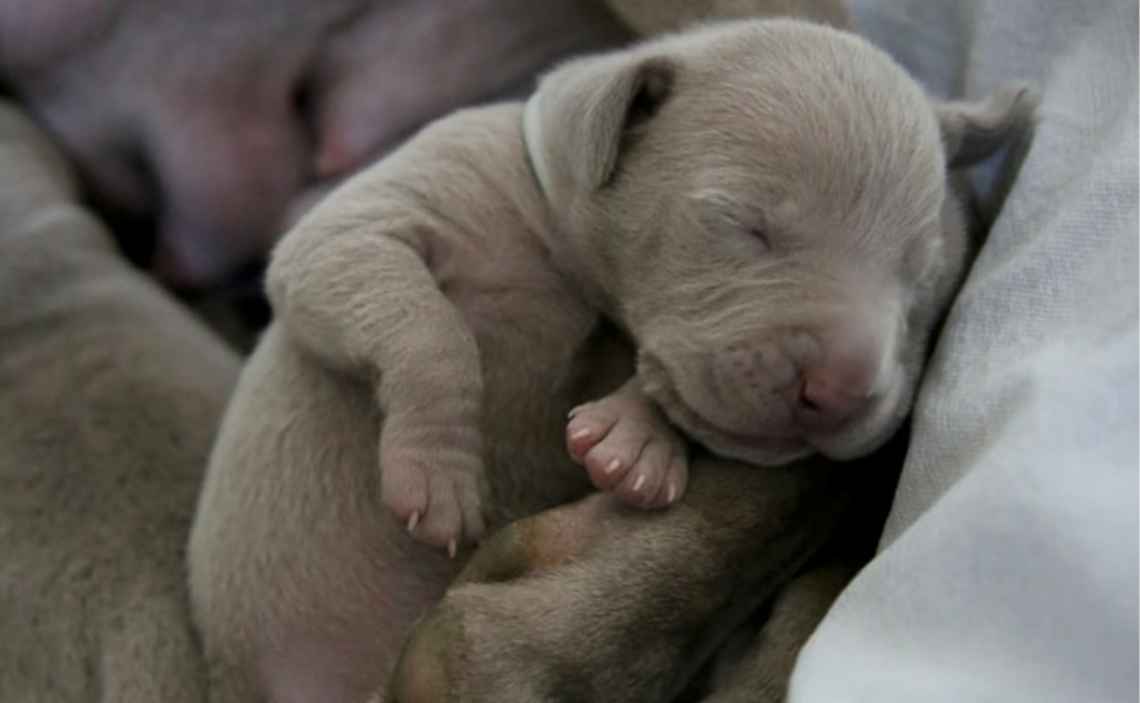
Diseases Confused with Canine Coronavirus
There are many causes of diarrhea in dogs. Severe cases of CCoV can easily be confused with parvovirus. They can both be present at the same time, making diagnosis even more confusing. Puppies are most at-risk for developing serious complications; rarely the condition becomes fatal if the small intestine becomes too inflamed. Be sure to see your veterinarian if your dog has diarrhea not resolved within 24 hours or is associated with significant lethargy or loss of appetite.
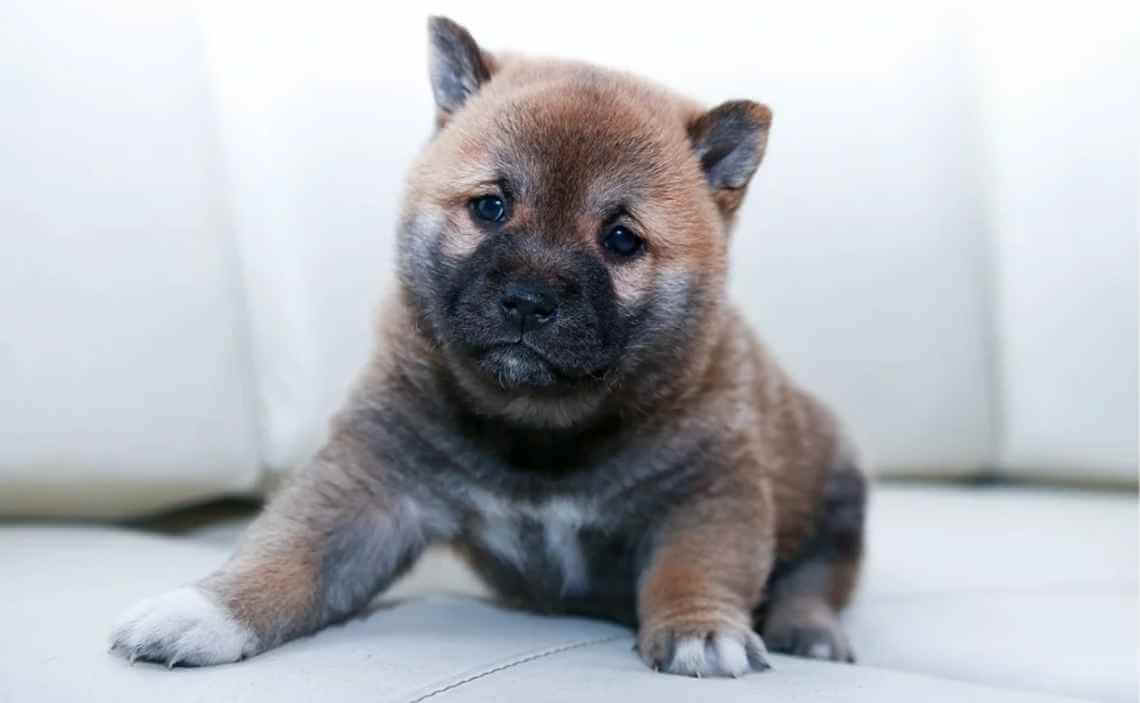
Treatment for Canine Coronavirus
There is no specific treatment for CCoV. Antibiotics are ineffective against viruses but may be helpful to control secondary bacterial infections. Your veterinarian will instruct you to withhold food for 24 hours after the diarrhea cease and gradually reintroduce small amounts of food. It is not uncommon for dogs to become dehydrated with this disease. Intravenous fluids may be required to restore hydration and electrolytes. Early medical intervention is key to successful treatment in severe cases.
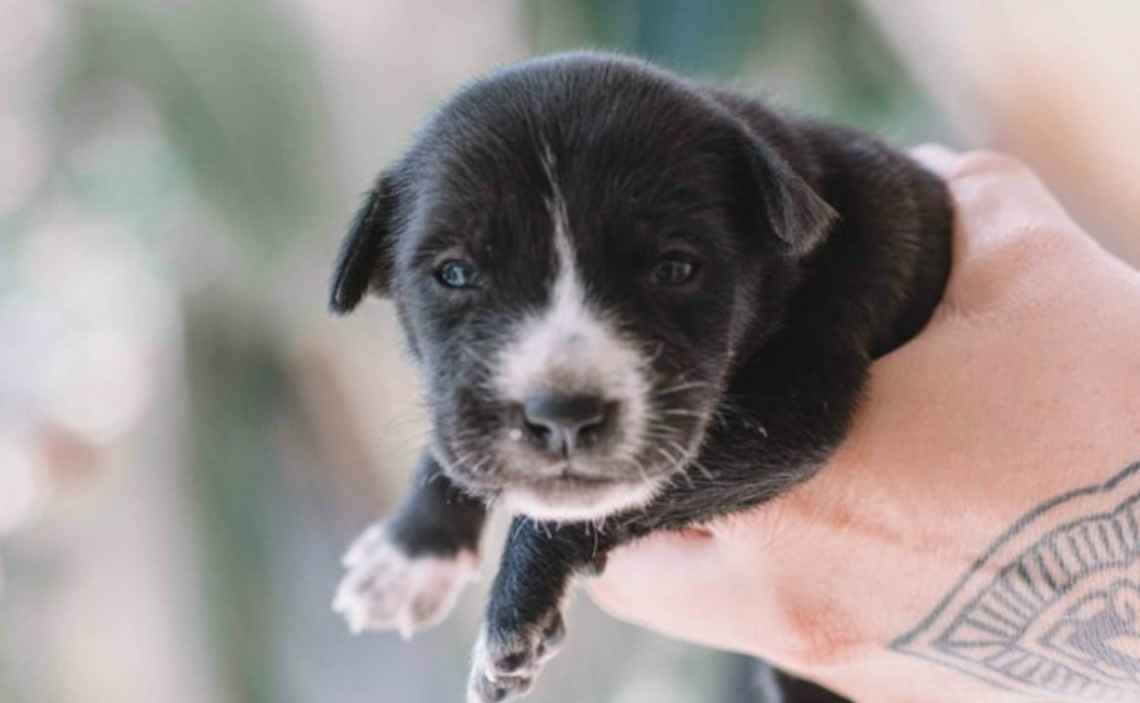
Canine Coronavirus – CCoV Vaccine
A canine coronavirus – CCoV vaccine is available but not recommended for all dogs. Check with your veterinarian to determine if the coronavirus vaccine should be administered to your dog based on a lifestyle and risk assessment.
Dogs who are around other dogs, such as boarding kennels, daycare, training classes, dog parks, shelters or dog shows should be vaccinated against other pathogens such as parainfluenza virus, adenovirus, distemper virus and Bordetella bronchiseptica. This will reduce the risk for co-infection with these pathogens. Clinical disease in dogs with coronavirus can be more severe if co-infections occur.
Read more: Immunizations and Your Dog: What You Need to Know
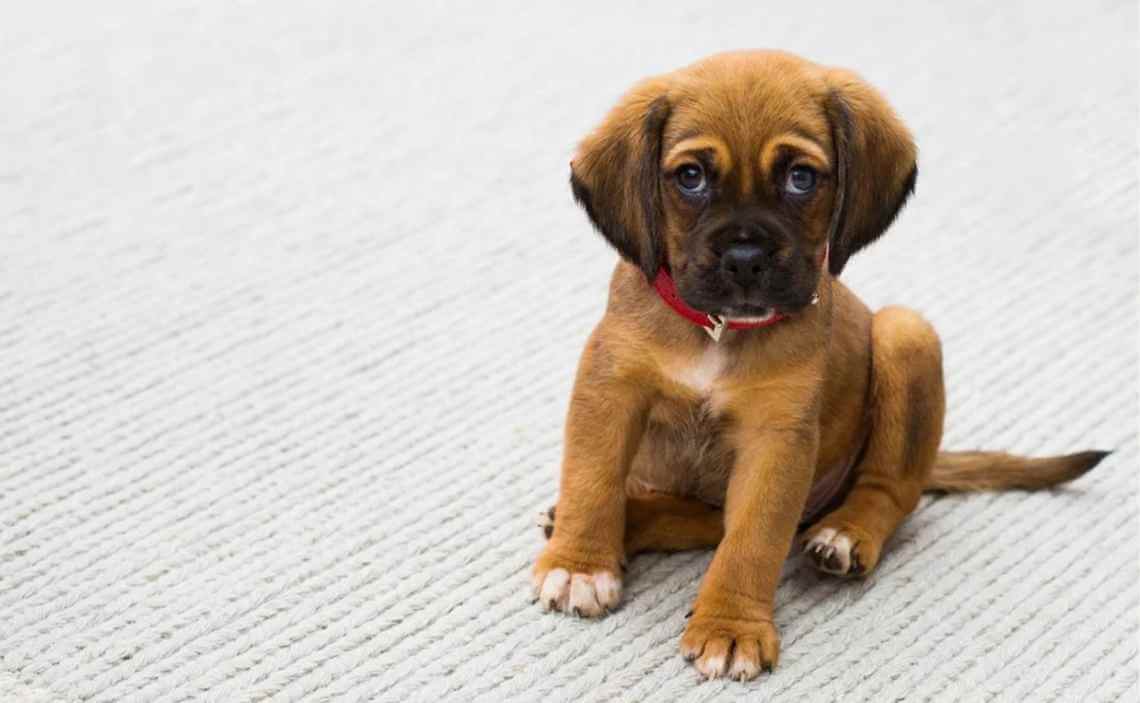
Controlling Canine Coronavirus
People who are in contact with dogs who are infected or may have been exposed should avoid handling other dogs or at least wash their hands and change their clothes before doing so. Most viruses that cause CCoV are inactivated by routinely used disinfectants. Disinfected surfaces should be thoroughly dried because moisture promotes virus survival.
Canine Campus follows – and exceeds – the highest standards of sanitation and cleanliness in a dog daycare, boarding, grooming and training setting. You can be assured your dog’s health and safety is protected while they are in our care.
Most likely, your dog has either already been exposed or will be exposed to canine coronavirus – CCoV at some point in their life. Recognizing the signs and seeking veterinarian care as soon as symptoms appear can be a lifesaver for your dog.
Has your dog or puppy been diagnosed with canine coronavirus – CCoV ? What treatment did your veterinarian prescribe? Please share in the comments below…

 Canine Diabetes: Symptoms, Diagnosis and Treatment
Canine Diabetes: Symptoms, Diagnosis and Treatment 5 Tips for Preventing Obesity in Your Dog
5 Tips for Preventing Obesity in Your Dog What Every Dog Owner Should Know About Probiotics for Dogs
What Every Dog Owner Should Know About Probiotics for Dogs Alopecia in Dogs: Is Your Dog Losing More Hair Than Usual?
Alopecia in Dogs: Is Your Dog Losing More Hair Than Usual? How to Recognize and Manage Arthritis in Dogs
How to Recognize and Manage Arthritis in Dogs






Leave a Reply